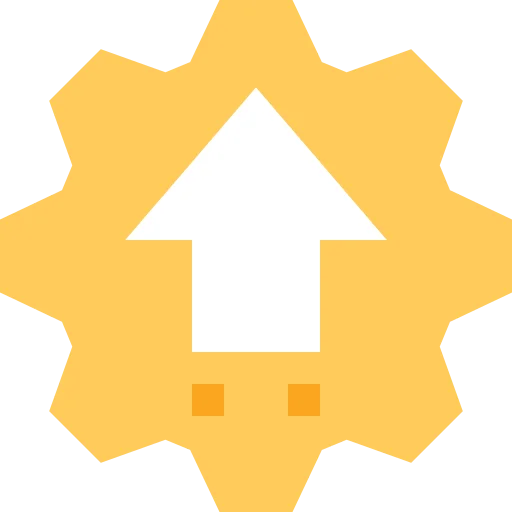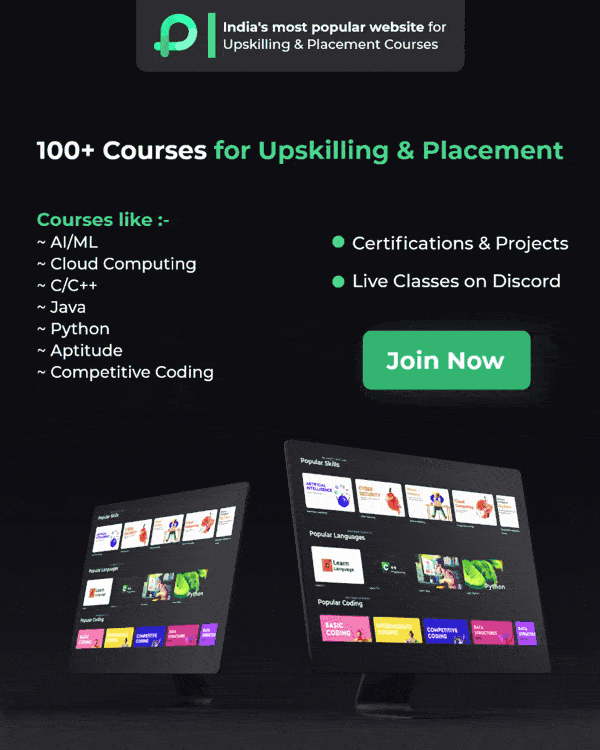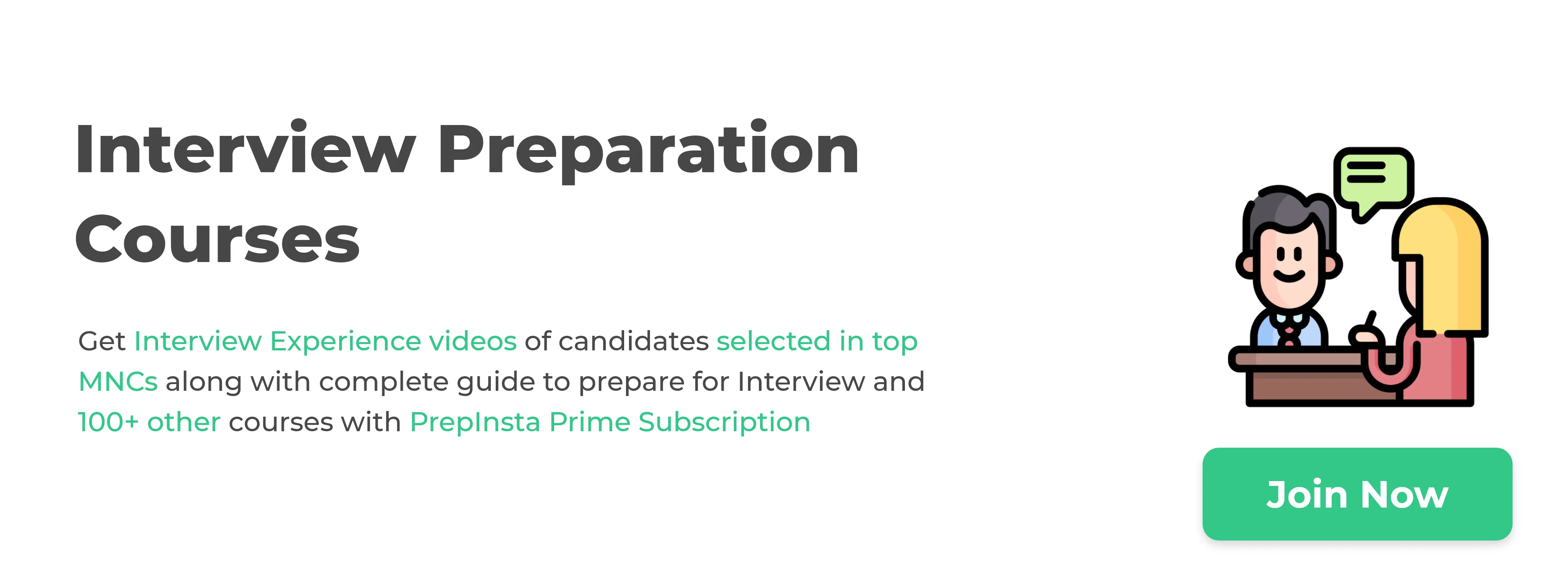Capgemini Menu
PREPINSTA PRIME
Capgemini Exceller Interview Questions
Capgemini Exceller Interview Questions 2023
If you are looking for Capgemini Exceller Interview Questions, you are at the right place. On this page, you will find the most important Capgemini Exceller Interview Questions asked in Capgemini.
Page Highlights:
- Capgemini Exceller Hiring Process
- Capgemini Exceller Technical Interview Questions
- Capgemini Exceller HR Interview Questions
Capgemini Exceller Hiring Process
The following rounds are conducted in the Capgemini Exceller Exams:-
- Pseudo Code- 30 questions
- English Communication Test- 30 questions
- Game-Based Aptitude Test – 24 questions
- Behavioral Competency Test – 100 questions
Capgemini Exceller Technical Interview Questions
Question 1: What distinguishes a structure from a class in C++?
Answer:
There are a few differences between a class and a structure in C++. These are as follows:
- The default access specifier used when building a structure from a class or another structure is public. On the other hand, the default access specifier when deriving a class is private.
- While the members of a class are always private, the members of a structure are always public.
- Structure variables are kept on the stack memory, whereas class variables are kept in the heap memory.
- Structures do not support inheritance, although classes do.
- Class types are reference types, whereas structure types are value types.
Question 2: What are Dataset.clone() and Dataset.copy()?
Answer:-
DataSet. Clone(): DataSet. Clone() creates a DataSet object with the same structure as the original dataset object, including all relations, constraints, and schemas, but only duplicates the DataSet object’s schema. The old one’s data won’t be transferred to the new one.
DataSet.Copy(): DataSet.Copy() duplicates an existing DataSet object’s complete code and structure.
Question 3: What is the use of DBMS?
Answer:
The term “DBMS” stands for “Database Management System.” This application system revolves mostly around data for its intended use. This enables the database’s user to save, define, retrieve, and update data as well as information about it.
Question 4: Is Java platform-independent, if yes why?
Answer:
Yes, Java is platform-independent. This is due to the fact that each current operating system has a unique JVM that can read.class files or byte code.
Although the JVM is platform-dependent, Java is a platform-independent language. Different JVMs are created for various Operating systems, and the byte code can execute on a variety of Operating systems.
Question 5: What are the different storage class specifiers in C?
Answer:
The different storage class specifiers are
- auto
- register
- static
- extern
Question 6: Write a program to find the Armstrong number in a given range.
Question 7: What are modules in Python?
Answer:
Python modules are simply named files that contain Python code, which can either be function classes or variables. A Python module is, to put it simply, a.py file containing executable code.
Question 8: What are the advantages of NumPy arrays over Python lists?
Answer:
NumPy arrays have the following benefits over Python lists:
- NumPy arrays, unlike Python lists, store data in sequential order, making data processing easier.
- NumPy is not only more efficient but also simpler to use. As a result of the numerous free vector and matrix operations available to us, we are able to avoid doing pointless tasks. They are also put to excellent use.
- NumPy provides several helpful features, including FFTs, convolutions, speedy searching, straightforward statistics, linear algebra, histograms, and more. NumPy arrays are also quicker.
Questions 9: Why is normalization needed in a database?
Answer:
Database normalization is crucial because it lowers the possibility of duplicate data, avoids problems with data alteration, and ensures that only relevant data is stored.
Question 10: Write a program to find the Fibonacci series in a given range.
#include<stdio.h> int main() { int n = 10; int a = 0, b = 1; // printing the 0th and 1st term printf("%d, %d",a,b); int nextTerm; // printing the rest of the terms here for(int i = 2; i < n; i++){ nextTerm = a + b; a = b; b = nextTerm; printf("%d, ",nextTerm); } return 0; }
#include <iostream> using namespace std; int main() { int num = 15; int a = 0, b = 1; // Here we are printing 0th and 1st terms cout << a << ", " << b << ", "; int nextTerm; // printing the rest of the terms here for(int i = 2; i < num; i++){ nextTerm = a + b; a = b; b = nextTerm; cout << nextTerm << ", "; } return 0; }
public class Main { public static void main (String[]args) { int num = 15; int a = 0, b = 1; // Here we are printing 0th and 1st terms System.out.print (a + " , " + b + " , "); int nextTerm; // printing the rest of the terms here for (int i = 2; i < num; i++) { nextTerm = a + b; a = b; b = nextTerm; System.out.print (nextTerm + " , "); } } }
num = 10 n1, n2 = 0, 1 print("Fibonacci Series:", n1, n2, end=" ") for i in range(2, num): n3 = n1 + n2 n1 = n2 n2 = n3 print(n3, end=" ") print()
Capgemini Exceller HR Interview Questions
Question 11: Tell me about yourself.
Answer:-
Good morning Sir/Madam,
Let me begin by saying a sincere “Thank You” for providing me this chance to introduce myself. My name is Animesh Chaudhary, and I am from Bangalore. I am a permanent resident of Kolkata, and I graduated from ABC University after earning my 10th and 12th grades from the SSC and HSC State Board. In terms of my family, I come from a joint family. My family consists of 11 people, including me. My mother is a housewife, while my father works in the private sector.
That’s all there is to say about myself.
Thank you very much, sir.
Read more at: Tell me about yourself.
Question 12: Explain your final year project.
Answer:
You should extensively research your project as well as the fundamental concepts used in it before responding to these questions. You should also describe the roles and responsibilities you used in the project.
Question 13: What do you know about Capgemini?
Answer:
Capgemini is a global leader in consulting, engineering, technology, and digital transformation services. The Group is at the vanguard of innovation to address the whole spectrum of customer possibilities in the expanding world of cloud, digital, and platforms.
Question 14: Are you ready to relocate?
Answer:
Yes, sir; it is a wonderful opportunity to develop my knowledge and abilities as well as learn more about other areas, skilled workers, and professions. It also improves my capacity for adaptation.
Read more at: Are you ready to relocate?
Question 15: When was Capgemini founded?
Answer:-
Capgemini was founded on 1st October 1967.
Question 16: Are you an Organized person?
Answer:
I have great organizational skills. I prefer to have a detailed plan for the day and the week. I thus arrange my workload by outlining my tasks. This allows me to better organize my time and work.
Read more at: Are you an Organized person?
Question 17: Who is the founder of Capgemini?
Answer:
Serge Kampf is the founder of Capgemini.
Question 18: What are your strengths?
Answer:
My strength is that I am self-motivated and optimistic. Every time I feel like I can’t continue, I remind myself of how far I’ve gone by completing this assignment or body of work to keep myself motivated.
Read more at: What are your strengths?
Question 19: Who is the current CEO of Capgemini?
Answer:
Aiman Ezzat is the current CEO of Capgemini.
Question 20: Do you have any questions for us?
Answer:-
What technological skills should I acquire before working for your company?
Read more at: Do you have any questions?

 Apply For Jobs
Apply For Jobs Get Hiring Updates
Get Hiring Updates





Login/Signup to comment